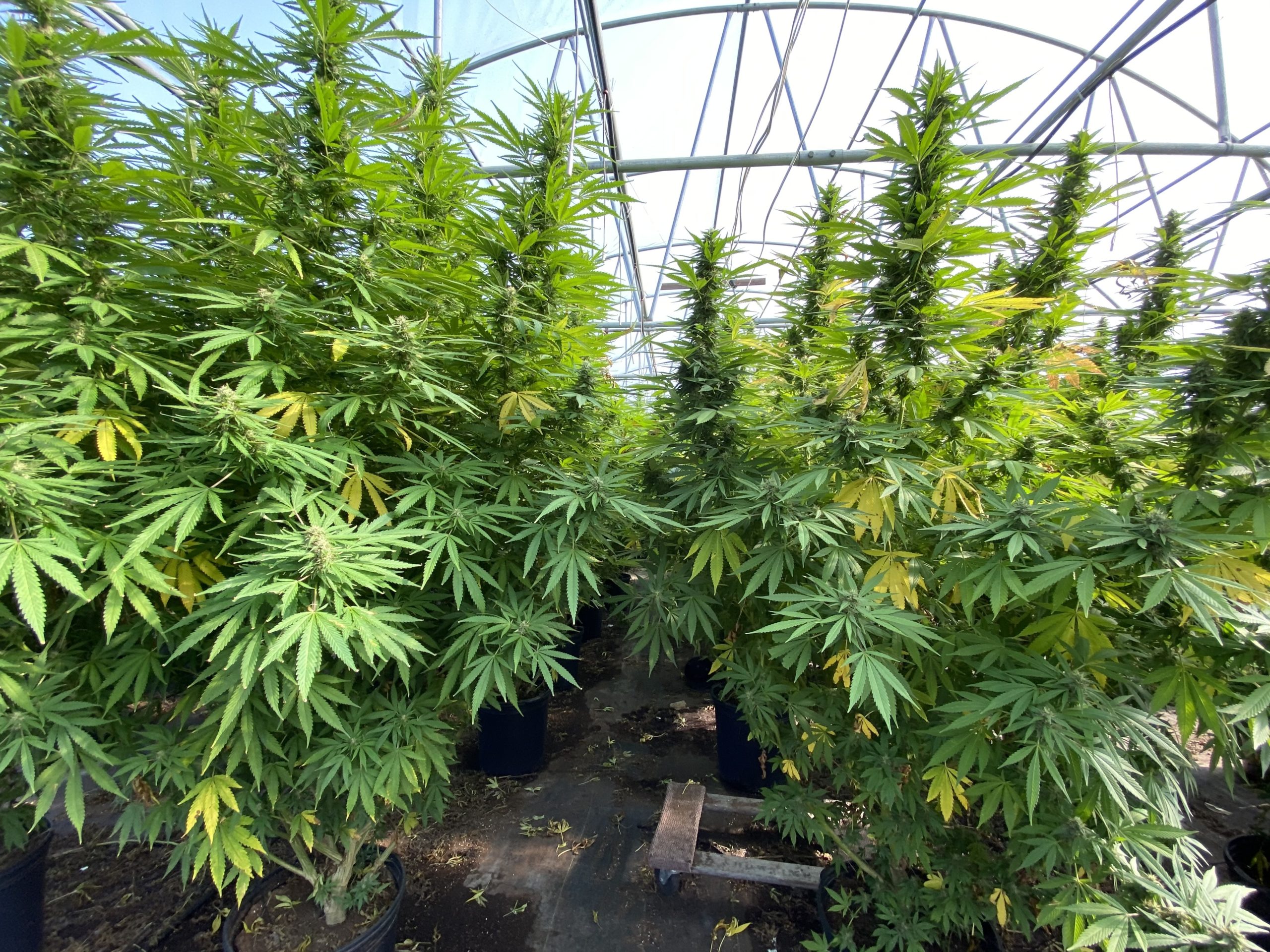
The Westhampton Beach Village Board banned retail marijuana sales in the village, opting out of a state law that legalized retail sales but provided municipalities with the option to restrict sales in their jurisdictions.
The board voted on the opt out resolution at its October 7 meeting, unanimously coming down against retail sales. The village is the third municipality on the East End to pass an opt out resolution.
Under New York’s Marijuana Regulation and Taxation Act, the board’s decision is now subject to permissive referendum — if 20 percent of residents petition for a referendum within 30 days of October 7, the village must place the opt out resolution on the ballot.
Also under the state law, municipalities have until December 31 to act on an opt out resolution, otherwise, they cannot opt out of sales in the future — they are free to opt back into sales at any point.
The resolution’s passage was no surprise. As previously reported by The Press, all five members of the board, including Mayor Maria Moore, indicated at an August 5 meeting that they wanted to opt out.
At that meeting, many board members worried about the quality of life in the village if retail sales were allowed.
“I don’t want my kids walking around publicly and breathing that in,” said trustee Brian Tymann. “There’s no reason not to take advantage of that opportunity,” to opt out.
Board members also expressed concern that New York State had yet to appoint members to the Office of Cannabis Management’s Cannabis Control Board and articulated their desire to see how retail sales play out in other municipalities. Since the August 5 meeting, Governor Kathy Hochul has appointed members to the board.
“I don’t want to be a guinea pig,” said trustee Stephen A. Frano.
On the East End, only the Town of Shelter Island and Southampton Village have passed opt out resolutions. An opt out resolution failed in Riverhead Town.
The Shinneock Nation also approved the sale of recreational use marijuana on the tribe’s territory. The nation plans to build a medicinal cannabis dispensary and wellness center as well.
Throughout Westhampton Beach’s three public meetings on the opt out resolution, only two people spoke in favor of retail sales: David Falkowski, the owner of Open Minded Organics farm in Bridgehampton, on June 15, and Michael Muller, of Southampton, on September 2.
“With the legalization of cannabis, I don’t see why we wouldn’t have a way to create tax revenue,” Muller said.
Under the state law, tax revenue from retail marijuana sales would be divided between education, community revitalization and drug treatment and prevention funding.
From those speaking in favor of opting out in the meetings, most frequent was Kym Laube, who runs HUGS, Inc., a risk-prevention organization. She said she had traveled to many board meetings in Suffolk County to oppose retail marijuana sales.
“This has been my life’s work, and it’s really hard to see that this is going to be any different than anything that we’re up against,” Laube said at the June 15 board meeting. “Anytime you put a drug into a system, there’s going to be just an increased rate of use.”
The village failed to post a recording or minutes of the October 7 meeting online, where in addition to opting out on retail marijuana sales, the board appointed a police chief. The village clerk, Elizabeth Lindtvit, said that “technical issues prevented it from being recorded,” in an email.
New York’s Marijuana Regulation and Taxation Act, signed into law by former Governor Andrew Cuomo on March 31, aimed to reduce contemporary and historic inequalities faced by BIPOC communities from disproportionate drug policing. The bill reinvests a portion of the tax revenue from sales in these communities. The bill also cleared records of those with marijuana-related convictions. Purchase and possession of cannabis is limited to those 21 and older.
Moore said she was not available to be interviewed for this story. In an October 11 statement, she articulated the board’s decision.
“The Board adopted a resolution and local law prohibiting the use of licenses for, and the operation of retail cannabis dispensaries and onsite cannabis consumption establishments in the Village,” Moore said. “This action was taken after several public hearings and discussions on the topic, and the vote was unanimous.”